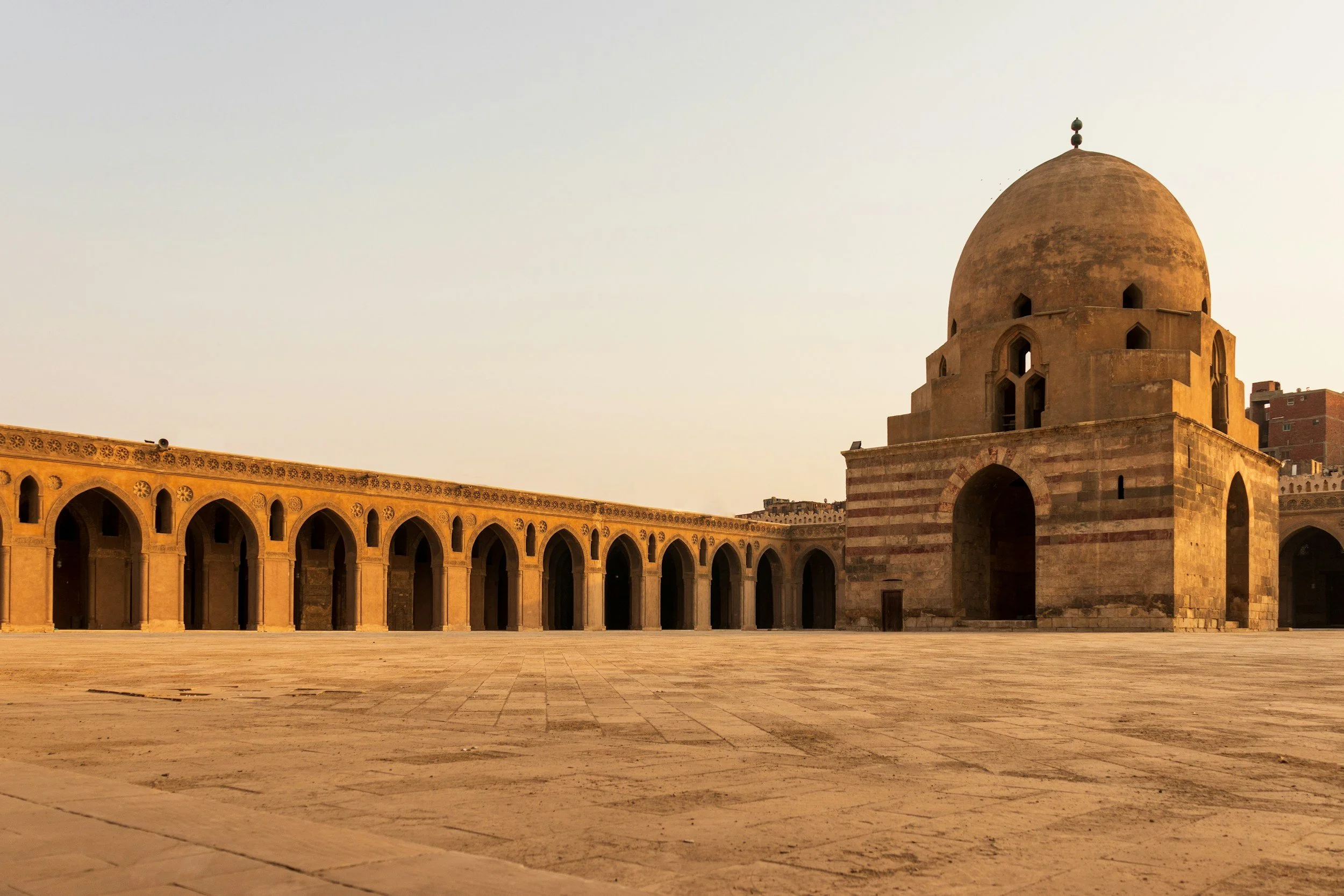Elevate Your Knowledge.
100% Online.
Study the tradition with reliable scholarship and a proven system of learning from the shade of Al Azhar Mosque.
Watch the Program Overview & Live Q&A
Before you apply, watch our team introduce the program and answer student questions. This recording will give you an authentic glimpse of the teaching style, program structure, and community at Al-Majd Institute.
Scholarship at your fingertips
Why Choose Al-Majd Institute?
A world-class Islamic Studies program, accessible from anywhere.
Our approach combines classical scholarship with modern accessibility, ensuring that every student receives a guided and structured education.
Direct Access to Scholars – Learn directly from Azhar-trained scholars with years of experience.
Student Groups & Mentorship – Build bonds with fellow students through peer discussions and guided study.
Clear Learning Structure – From Foundations to Advanced, you’ll always know your next step.
Manageable Course Load – 6–10 hours per week, designed for working professionals and students alike.
Frequent Assessments – Stay on track with exams, papers, and presentations.
Online Portal & Recordings – Review lessons anytime, anywhere.

Program Structure
A Step-by-Step Journey in Sacred Knowledge.
-
Goal: Build a strong base in the Sacred Sciences for seekers beginning their journey.
Weekly Commitment: 8–10 hours/week (6 hours live class).
Texts Studied:
Fiqh & Usul: Al-Ashmawiyyah, Al-Akhdari, Muqaddimah al-Izziyyah, Tadrib As-Salik, Al-Waraqat
Aqeedah: Al-Ma’rifah / Al-Kharidah al-Bahiyya
Logic: Al-Sullam
Grammar & Rhetoric: Al-Ajrumiyya, Al-Binaa, Tuhfah al-Ikhwan, Al-Balagha al-Wadiha
Introductory Sciences: Hadith, Qur’anic Studies, Ayyuha al-Walad
-
Goal: Specialize in either Marriage & Divorce or Financial Transactions while deepening knowledge of other sciences.
Weekly Commitment: 10–15 hours/week (8 hours live class).
Texts Studied:
Fiqh: As-Sharh as-Saghir
Aqeedah: Jawharat al-Tawhid
Logic: Isagoge
Usul Fiqh & Qawa’id: Isal as-Salik, Taqrib al-Wusul, Tanqih al-Fusul
Usul al-Iftaa (Intro): Al-Boutlayhiyyah
-
Goal: Continue specialization and move toward issuing fatwa under supervision.
Weekly Commitment: 10–15 hours/week (8–10 hours live class).
Texts Studied:
Fiqh: As-Sharh al-Kabir + guided research
Usul & Qawa’id: Advanced Usul al-Fiqh and Qawa’id
Usul al-Iftaa: Al-Boutlayhiyyah (advanced applications)
Arabic: Qatr al-Nada
Our Scholars
-

Sh. Mahmoud Shabieb
-

Sh. Ahmed Shabieb
-

Sh. Marwan Khairy
-

Sh. Mouaze Songne
-

Sh. Muhammad Omar
How You’ll Learn
Live Online Classes – Weekly sessions with direct teacher access.
Recordings – Revisit lessons at your own pace.
Assessments – Midterms, finals, papers, and presentations.
Student Groups – Collaborative learning and discussion.
Guided Curriculum – No guessing what’s next; a clear pathway is laid out for you.

Frequently Asked Questions
-
Given the difference in time zones between EST (NYC) and Cairo, class timings will vary accordingly. However, to ensure that all students can stay on track, recordings will be available for review, allowing them to monitor their progress.
-
Our curriculum is designed for specific levels, and students are required to provide their academic background to be placed in the appropriate class. Classes are determined based on skill level and are not available individually to take. We will consider requests for certain levels with the teacher's discretion.
-
The complete program (pre-iftaa -> level 2) spans around 5.5 years and includes regular assessments to ensure students retain their knowledge. Levels will be added in the future to ensure students attain the appropriate knowledge. Upon graduation, students will be qualified to provide fatwa based on established rulings in the school and become a trusted resource for their communities.
-
To participate in the program, students need to have a foundational knowledge of Arabic to communicate with teachers and complete assessments as the program is conducted in Arabic.
-
Students can pay in monthly installments. Those who need financial assistance can indicate it on their application. The program will try to provide the necessary aid.
